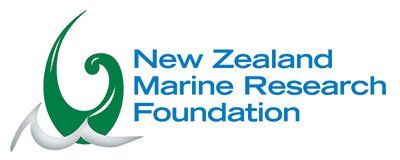Value of Marine Recreational Fishing in NZ Feasibility Study
2011
Funding: $5,750
Researchers:
Lincoln University -
G.N. Kerr and N. Latham
The value of fishing to fishers is measured by the concept of consumers’ surplus, which is the difference between the maximum amount that fishers would pay for their fishing activities (Gross Benefit) and what they actually do pay (Expenditure).
The focus of the present study is on identifying consumer surplus from recreational fishing, which is a nonmarket value that cannot be measured by market indicators such as expenditure. The intention for this study is not to measure consumers’ surplus directly, but to assess the potential for using consumer surplus estimates from existing studies to provide an estimate of likely magnitude for New Zealand. This process is known either as “value transfer” or “benefit transfer”. There were 27 unique studies found world-wide that evaluated the worth of recreational fishing in the marine environment. There are six studies reporting values per day, sixteen reporting values per trip and ten reporting values per year. These studies differ greatly in terms of spatial scale and availability of substitutes. The broad ranges of values, coupled with the small number of studies for any one type of value measure, suggests that there are potentially very large errors in value transfer. Little confidence could be placed in in the results of transferring values from other locations to accurately assess the value of the New Zealand recreational marine fishery, and such values would most likely, and rightly, meet stern intellectual and political challenges.
Further research:
Measuring consumers’ surplus for recreational fishing is difficult and the results high uncertain. A new survey is required to collect economic data from New Zealand recreational fishers. The NRB National Panel Survey of amateur harvest in 2011-12 could provide the best estimates yet of the number recreational fishers and the number of fishing trips per year. This provides an opportunity to run a cost effective economic survey and scale it to a national level.

